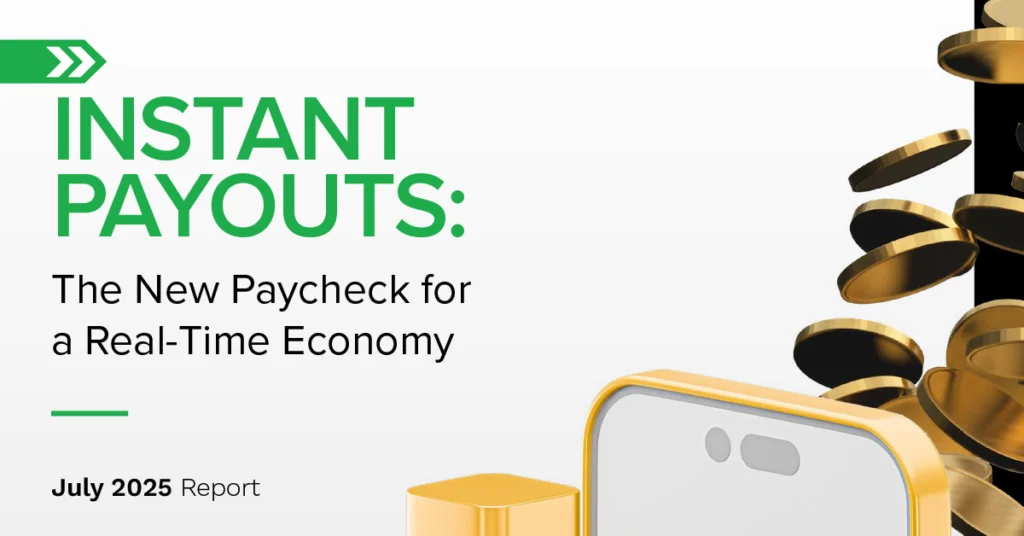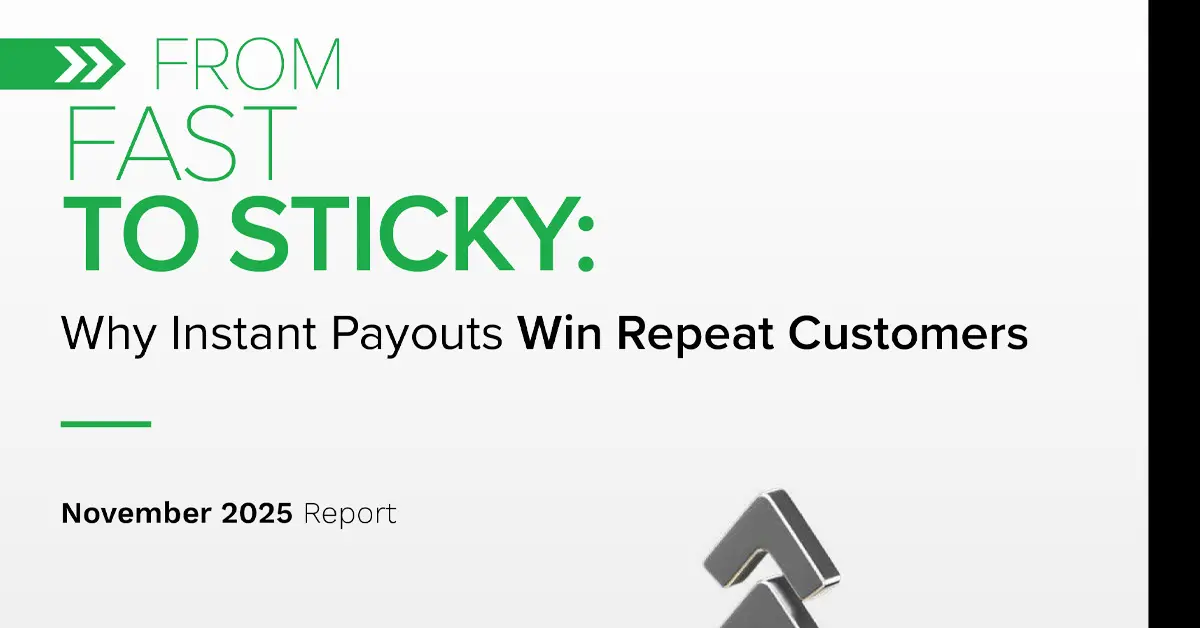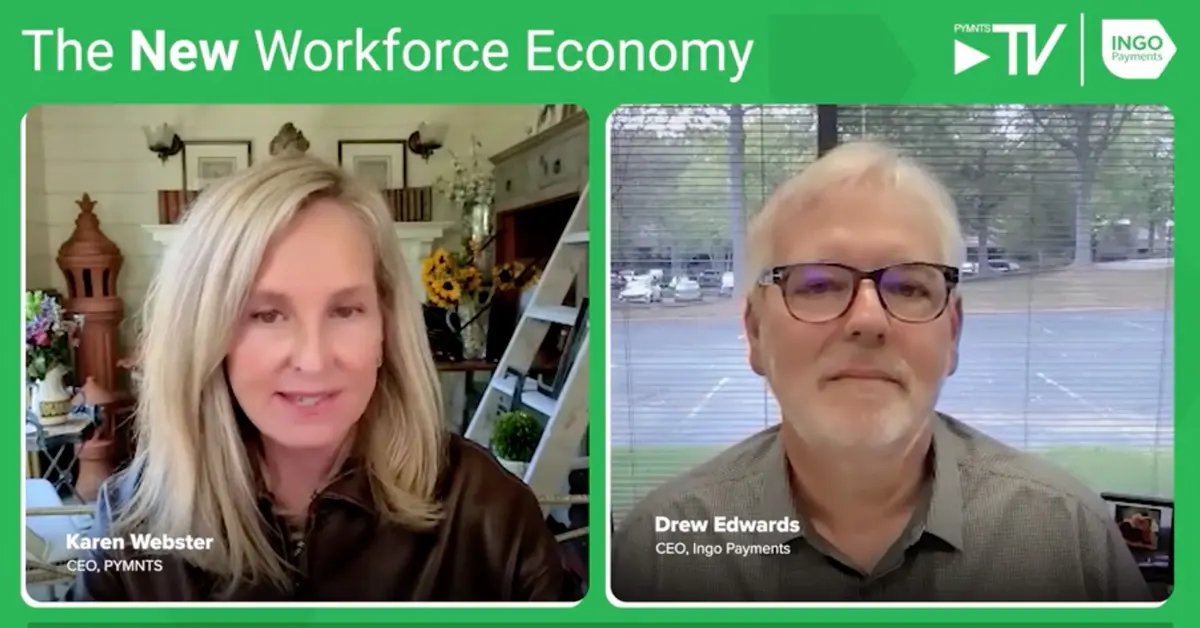Instant disbursements have quietly become a cornerstone of how consumers manage their money. What began as a convenient perk for occasional refunds or rewards has evolved into a vital income stream for millions. For younger generations and gig workers, instant payouts are no longer optional. They are essential for financial stability.
The data shows just how quickly behavior has shifted. In 2020, just 16% of income and borrowing payments were instant. By 2025, that share nearly tripled to 45%. Generation Z leads the charge. Seventy-eight percent received at least one instant disbursement last year, and nearly half used instant more than any other method. For these consumers, waiting days for their money feels outdated.
Gig and tipped workers are pushing this shift even further. One-third of millennials reported that transactional payroll from gig platforms and tip payouts served as a primary source of cash flow last year. For many, the paycheck has become a rolling series of real-time transfers rather than a biweekly event.
Speed matters most when the money does too. Consumers who rely on disbursements as their primary income are 58% more likely to opt for instant payments than those who receive funds only occasionally. They value speed so highly that 60% say they would pay to receive their money instantly, a rate four times higher than that of incidental recipients.
As instant becomes the new normal, the competitive bar for payments providers is rising. Consumers now expect real-time access to their money and will reward companies that deliver it. The winners in this new landscape will be those who can combine reliability, speed and convenience. In today’s economy, receiving pay instantly is no longer an added feature — it is the future of getting paid.



